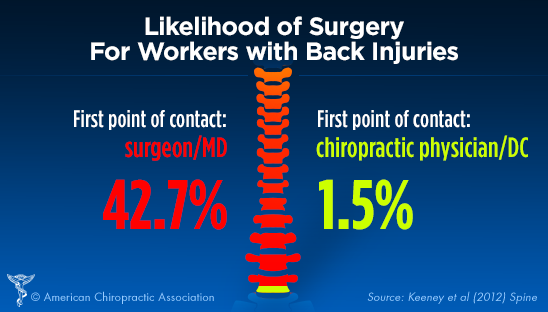Do Acupuncture Things Really Exist? A Deep Dive Into Meridian Concept
Do Acupuncture Things Really Exist? A Deep Dive Into Meridian Concept
Blog Article
Web Content Writer-Corbett Cheek
You might be wondering about the presence of acupuncture factors and their function in conventional Chinese medication. These points, linked to meridian concept, suggest an one-of-a-kind system of power circulation in the body. While historic messages lay a foundation, modern-day scientific research offers brand-new insights right into their relevance. Are these ancient concepts compatible with modern understanding? The answer may stun you as we discover the junction of custom and modern-day research.
The Historic Roots of Acupuncture and Meridian Theory
Acupuncture, with its complex network of meridians, has deep historical origins that map back thousands of years in ancient China.
You'll find that early texts, like the Huangdi Neijing, laid the structure for recognizing exactly how energy flows via the body. These works introduced the principle of Qi, the vital force that flows along the meridians.
As you explore this old technique, you'll find exactly how experts recognized specific points to influence health and balance.
Over centuries, acupuncture developed, integrating different strategies and approaches, yet it continued to be deeply connected to its origins.
Scientific Point Of Views on Acupuncture Details
While lots of people still see acupuncture as an ancient art rooted in custom, scientific research has significantly clarified the physiological devices behind acupuncture factors.
Studies recommend these points may correspond to locations abundant in nerve endings, blood vessels, and connective tissues. When needles boost these factors, they can activate biochemical feedbacks, such as the launch of endorphins and various other natural chemicals, which help minimize discomfort and promote healing.
Imaging techniques like functional MRI have revealed adjustments in brain task connected with acupuncture, supporting its efficacy.
While skepticism remains, expanding evidence indicate a possible biological basis for acupuncture, welcoming further exploration right into just how these ancient practices can line up with modern-day scientific understanding.
Incorporating Old Practices With Modern Medicine
As even more doctor recognize the value of all natural techniques, integrating old practices like acupuncture with contemporary medicine is coming to be increasingly appropriate.
You could discover that integrating these approaches can boost patient treatment, supplying a more extensive therapy plan. By acknowledging the benefits of acupuncture-- such as discomfort relief and anxiety reduction-- you're not just attending to physical symptoms however additionally advertising total well-being.
This integration permits you to customize treatments to individual requirements, bridging the gap in between typical wisdom and modern clinical techniques. Collaborating with acupuncturists can additionally increase your knowledge and offer your people with a bigger variety of alternatives.
Inevitably, welcoming this blend can lead to improved health outcomes and an extra balanced approach to recovery.
Final thought
In conclusion, acupuncture factors may not fit neatly into modern clinical paradigms, but their historical significance and emerging clinical assistance suggest they hold value. By discovering the intersection of ancient practices and contemporary study, you can appreciate exactly how these factors may influence wellness. Whether lower.back pain 're a skeptic or a follower, understanding meridian concept opens the door to new point of views on wellness and recovery, welcoming you to take into consideration the prospective advantages of acupuncture in your very own life.
